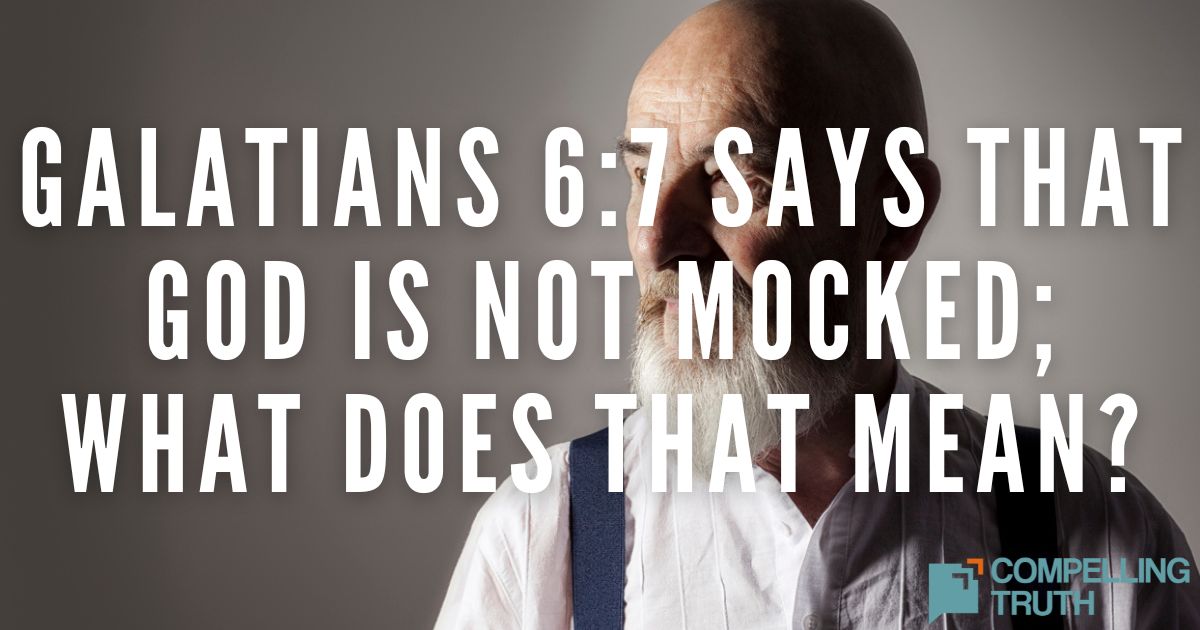Wrath is often translated as "fierce anger," "indignation," "vengeance," or "punishment." Although both humans and God have the capability of expressing wrath, there are many differences between the wrath of God and the wrath of man. God's wrath is His holy and justified response to sin, demonstrating His justice and power. In the Old Testament, His wrath was often directed at those who turned to idols, rejecting His perfect plan (Deuteronomy 32:39-41, Nahum 1:2-3). God's wrath remains on those who reject Christ, but salvation through Jesus offers freedom from judgment (John 3:36, Romans 5:9). Unlike human wrath, which is often sinful, God's wrath is measured and righteous;believers are called to live in peace and leave vengeance to Him (Colossians 3:8-10, Romans 12:19). Through repentance and faith in Christ, we are saved from God's wrath and can experience His mercy and grace.
Man's wrath is quite different fromGod's. While God's wrath is holy and justified, the Bible warns against man's wrath. Ephesians 4:26-27 says, "Be angry and do not sin; do not let the sun go down on your anger, and give no opportunity to the devil." Scripture tells us to leave vengeance to God (Romans 12:19), and to put away all "anger, wrath, malice, [and] slander" (see Colossians 3:8-10). Wrath does not fit well with our new spiritual selves, which we inherit from our salvation (2 Corinthians 5:17). The Holy Spirit was given to us to cleanse our hearts, so now we can experience freedom from the domination of wrath (Romans 8:1-39). The mind controlled by the Spirit is not controlled by anger or wrath, but by peace (Philippians 4:4-9).
God's perfect plan for man hinges on man's dependence and trust in God. Mankind disobeyed God, so they were under God's holy and justified wrath. God gave man a way to gain divine favor, which was through repentance. Repentance turned God's wrath away from sinners, because He is also merciful. Romans 5:9 says, "Since, therefore, we have now been justified by his blood, much more shall we be saved by him from the wrath of God." We can experience comfort instead of fear in regards to God's wrath because when we are saved, we are free from His judgment. Only those who put their faith in Christ, trust His death on the cross as atonement for sin, and believe in His resurrection are saved from the wrath of God.




